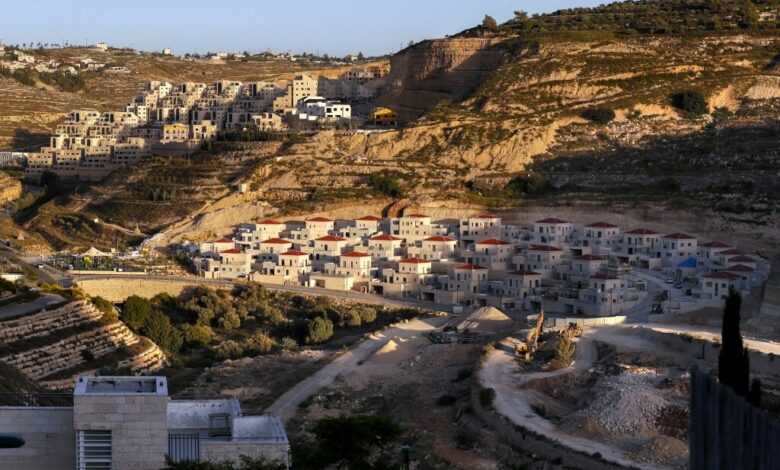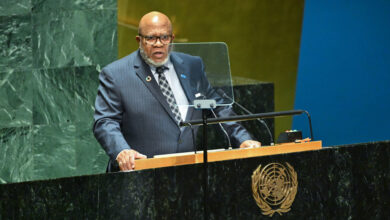
The governor of Salfit, Abdullah Kamil, revealed a new settlement occupation plan aimed at seizing more than 10,000 dunums of agricultural land in the governorate, in favor of settlement expansion.
Kamil said, in a statement issued on Sunday evening, that the occupation authorities published, through the so-called “Supreme Planning Council,” the decision to seize lands belonging to the towns of Al-Zawiya, Deir Ballut, Rafat, and Masha, west of Salfit Governorate, and Sinria of Qalqilya Governorate, and transferring them to Industrial and tourist areas, settlement units, and roads linking settlements.
Kamil added that, according to what was stated in the detailed plan issued by the occupation, a new industrial zone will be established under the name “Sha’ar Hashomaron” and “Nahal Rabah”, on 4 thousand dunums of agricultural land, road networks, a cemetery and public places, and the expansion and linking of the “Qena” settlement. With the Oranit settlement, in addition to the establishment of new settlement units, road networks and a sewage pumping station, in the lands of Rafat, Masha, and Sinria (belonging to Qalqilya).
Kamil called on the people and farmers to communicate with the competent official authorities represented by the municipal and village councils, the General Authority for Civil Affairs, the Wall and Settlement Resistance Authority, and the various legal authorities, to submit the necessary objections and block the road to the Judaization plans of the occupation.
He stressed that these occupation practices are a flagrant and gross violation of international law and resolutions of international legitimacy, foremost of which is Security Council Resolution No. 2334, noting that the settlement policy, whether building or expanding settlements, seizing lands or displacing Palestinians, is illegal, rejected and condemned.
Kamil called on the international community to take decisive positions to pressure Israel to stop its settlement practices and policies.





